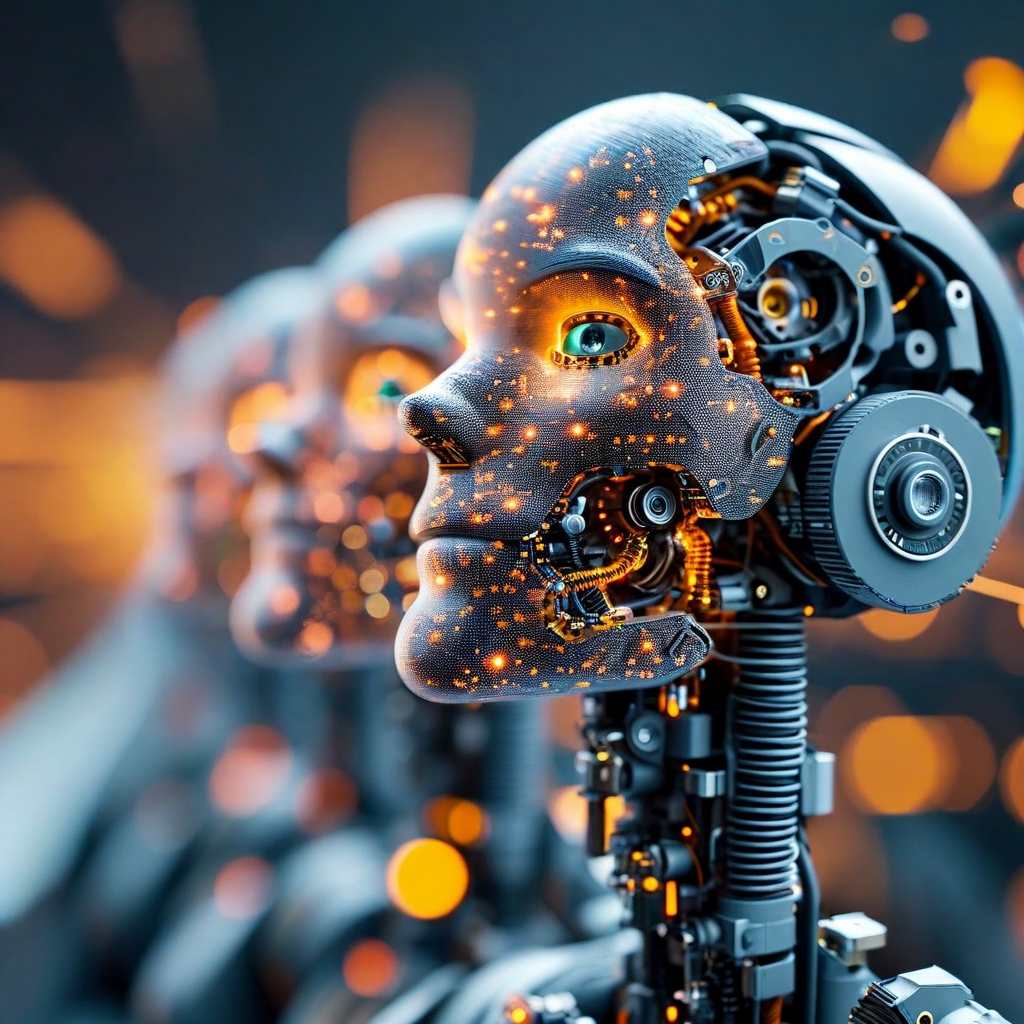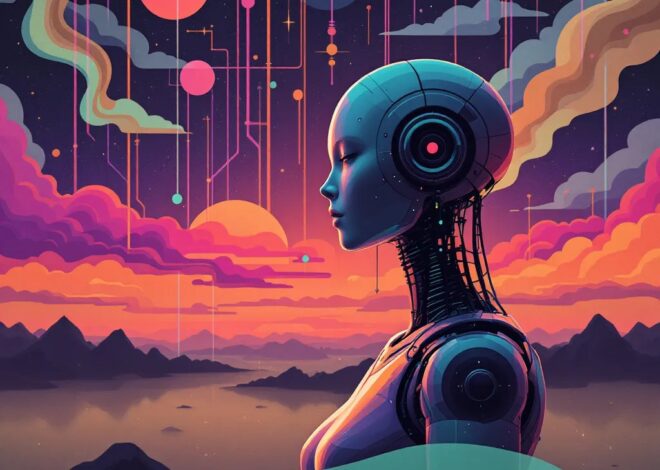
AI Automation in 2025: Transforming Productivity
AI Automation in 2025: Transforming Productivity
In 2025, artificial intelligence (AI) automation has revolutionized the workplace, significantly boosting productivity and efficiency. Recent studies indicate that AI can save businesses up to 40% of work hours by automating both routine and complex tasks, allowing employees to concentrate on more valuable activities.
How AI Automation Saves Time and Boosts Output
AIs have evolved from simple support tools to autonomous agents capable of handling end-to-end workflows. They efficiently manage tasks ranging from scheduling and data analysis to customer service and quality control without constant human oversight. The outcome is a remarkable increase in productivity, with workers using generative AI tools reporting substantial time savings each week.
Factory Example: AI Automation in Action
Consider a modern manufacturing factory in 2025 where AI controls smart robotics that operate assembly lines swiftly and accurately. These AI systems monitor equipment health and manage inventory, collaborating with human workers to improve innovation and quality. This integration reduces manual labor hours by 40%, enhances quality control, and increases customer satisfaction by delivering products more reliably.
An Upbeat Outlook for AI and Work
The rise of AI automation enhances human potential rather than merely replacing it. Employees experience greater job satisfaction as they are relieved from mundane tasks. Companies benefit from improved retention and creativity. The AI market is projected to grow significantly in the coming years, influencing various business functions and fostering a more agile workforce dynamic.
Conclusion
2025 marks a significant turning point where AI automation fully reveals its potential in the workplace. With the ability to save up to 40% of work hours, AI agents are transforming industries and driving a new era of efficiency, quality, and employee satisfaction. We are on the brink of an AI-powered productivity revolution that will shape the future of work.



